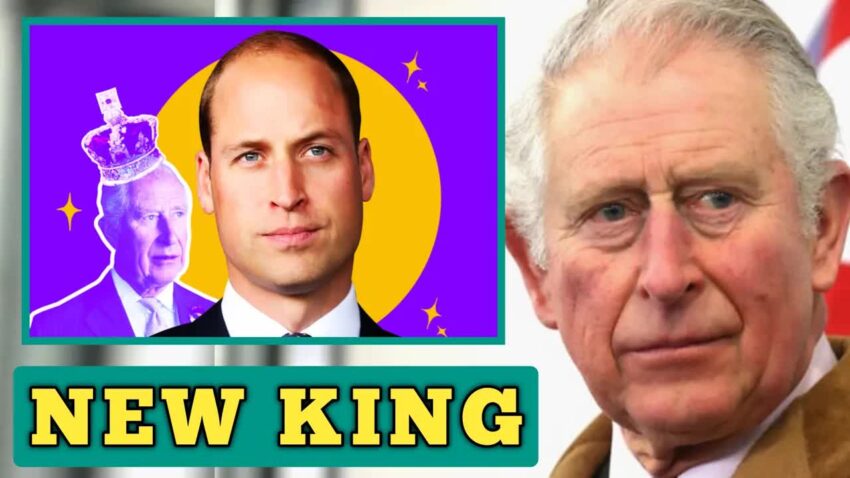Amidst the backdrop of King Charles undergoing cancer treatment and Princess Kate recovering from surgery, Prince William is already laying the groundwork for his future as king by contemplating significant changes to the monarchy.
At 41 years old, the heir apparent has been actively involved in discussions to modernize the institution in preparation for his eventual ascension.
While the specifics of King Charles’ health condition remain undisclosed, reports suggest that he remains in high spirits despite scaling back his public duties to focus on his treatment.
In light of this, Prince William is set to take on a more prominent role within the royal family, bridging the gap between his father and his brother, Prince Harry.
The Prince of Wales, who recently stirred controversy with remarks regarding Israel’s conflict with Hamas, is determined to safeguard the monarchy’s relevance in the 21st century.
Sources indicate that he is exploring significant modifications to the traditional processes of accession and coronation, as well as redefining the monarchy’s role within the United Kingdom.
Although initial consultations have taken place, it is anticipated that any formal changes will be deferred until after the upcoming general election and potentially a new prime minister assuming office.
Speculation suggests that the pace of reforms may be quicker than previously envisioned, indicating a proactive approach towards modernization within the royal household.
Notably, the costs associated with King Charles’ projected coronation in May 2023 are estimated to be around £100 million, prompting Prince William to consider cost-saving measures for future royal events.
Additionally, decisions regarding Prince Harry and Meghan Markle’s ties to the royal family may fall under William’s purview, as King Charles hesitates to revoke their titles.
Recent criticisms directed at Prince William for his involvement in the Gaza conflict debate have raised questions about protocol breaches and political neutrality.
Despite these challenges, William has advocated for a swift end to hostilities in Gaza and emphasized the importance of humanitarian aid in the region.
Expressing deep concern for the human toll of the conflict and the resurgence of antisemitism globally, Prince William underscored the urgent need for enhanced humanitarian support in Gaza.
As he navigates these complex issues and prepares for his future as king, Prince William’s strategic planning and diplomatic engagements signal a proactive approach to modernizing the monarchy for the challenges of the 21st century.
